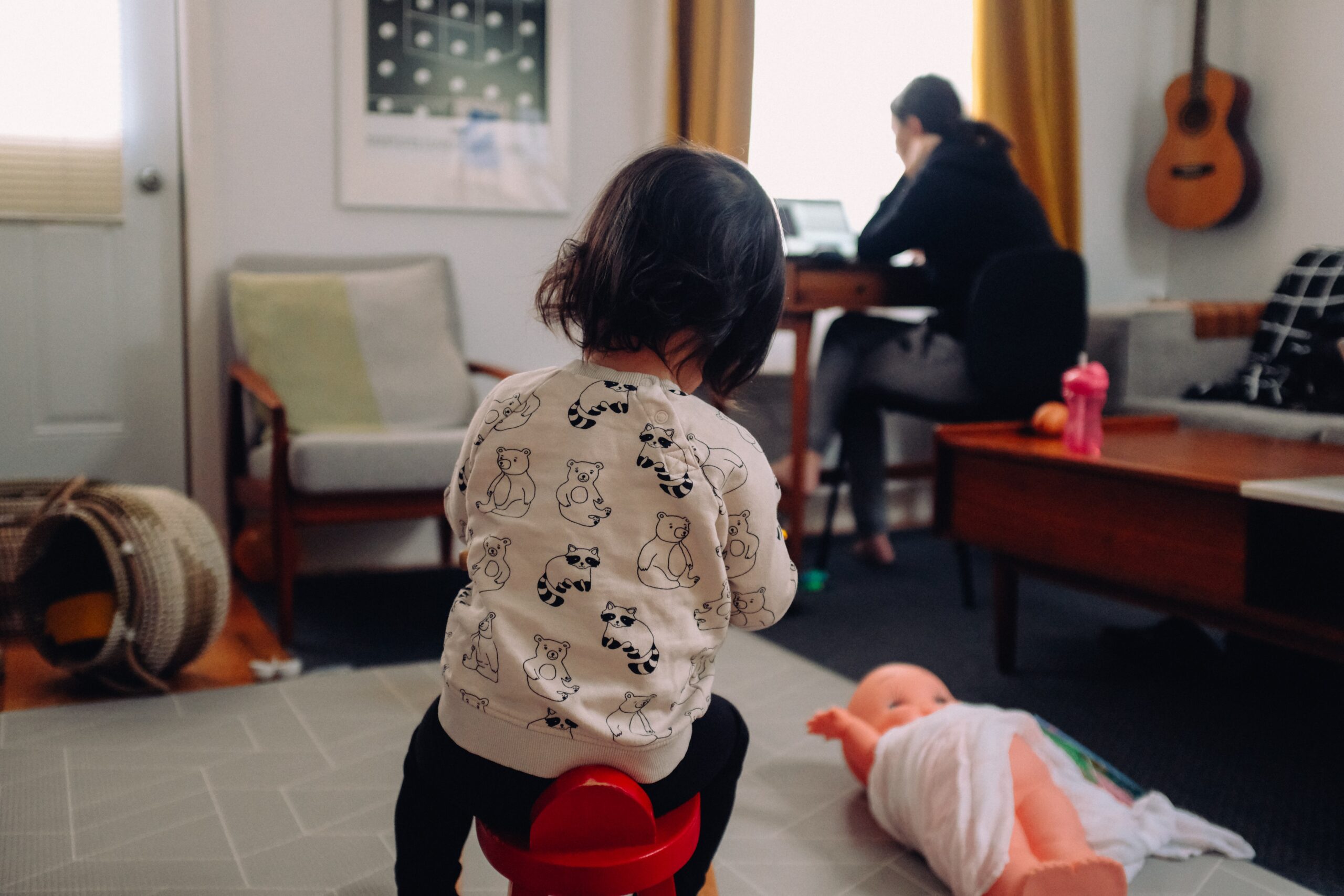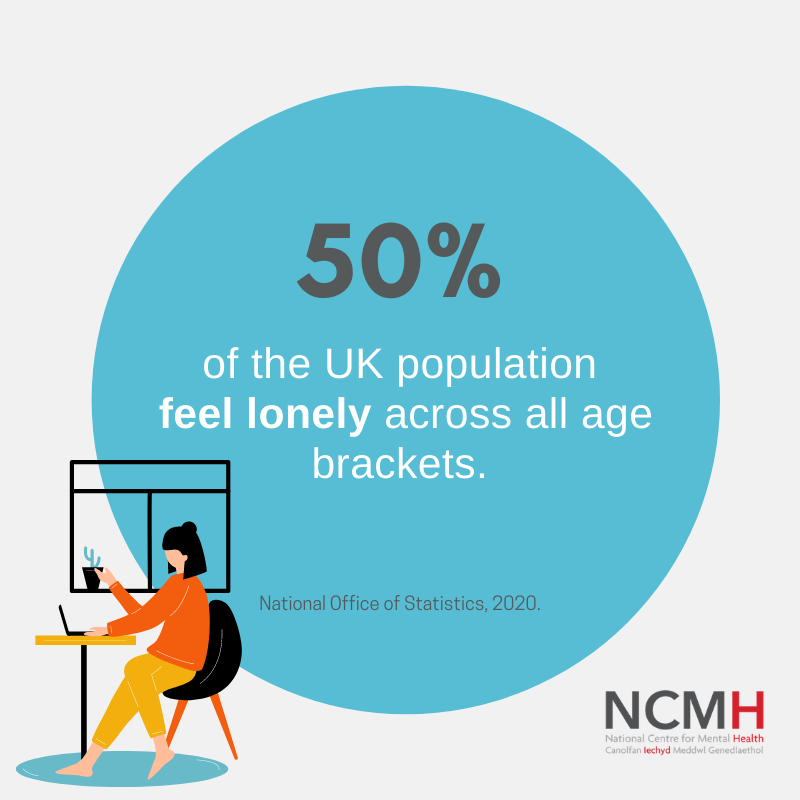Posted February 17th 2021
When people feel lonely, they want to connect with others but their state of mind prevents them from being allowed to do this.
Being alone is when you are physically by yourself, however, you can be in a room surrounded by people and still feel lonely.
Some people like being alone but no one likes being lonely.
If this year has taught us one thing it is the importance of those we hold close.
When prevented from having human contact feelings of loneliness are enhanced. However, people can feel this way regardless of the year, season, month or day.
Loneliness affects everyone at some point in their life and affects people of all ages – especially those with mental health issues.
Everyone feels lonely sometimes
It’s normal – you can just be still for a moment, and the thought crosses your mind, or you can be consumed by it.
Take a step back and make the first move and pick up the phone, go online, meet in person and talk to someone.
Promise yourself tomorrow will be different so long as you do something to make it different – so do something.

Winter blues
Feelings of loneliness are often associated with wintertime. In winter we have less daylight so we tend to spend more time inside, at home and socialise less.
Connecting with nature and the sun has been linked to improving mental health.
Mental health has been shown to get worse in the winter when the nature around us is hibernating for the winter and we have less contact with nature and less sun.
Even if you love this time of year or are not affected by the winter season, it does not mean that you cannot feel this way.
Mental health and loneliness
Loneliness has also been linked to increasing the chance of having mental health issues as well as being a potential trigger for these issues.
When an individual has a mental health illness, they are more prone to feelings of loneliness.
Just because you feel lonely does not mean you will have a mental health issue and if you have mental health issues it does not mean you will be lonely. However, the two are closely linked.
Mental health issues are everywhere around us with 1 in 4 people experience mental health issues each year, with some lasting years and others only a short period of time (1).

Additionally, 1 in 6 people report having a common mental health issue such as anxiety and depression every week (2).
With mental health issues on the rise (common mental health issues increasing by 20% from 1993 to 2014 (2), this is worrying.
Studies have found that those with mental health issues can have more intense feelings of loneliness compared to those without mental health issues.
We are more vulnerable when we feel lonely which might be one of the reasons for this.
Schizophrenia
Schizophrenia is characterised by its symptoms which can include hallucinations and delusions.
This can result in paranoid thoughts and behaviour which can further isolate a person from those around them – this will increase feelings of loneliness in the individual as well as increasing feelings of helplessness.
Another symptom of schizophrenia is the withdrawal within themselves and from social situations, which increase their chance of having feelings of loneliness.
They can disassociate from reality which can make it hard to make connections to others resulting in loneliness.
Bipolar disorder
Bipolar disorder is characterised by mood swings from one set of extremes (high mood and elation) to the other extreme (low mood and depression).
This change in emotions can result in confusion of those around them.
A lack of understanding can lead to the distancing of friendships and feelings of loneliness for the individual.
When experiencing extreme low moods, it can result in symptoms of depressive symptoms which are also linked to loneliness.
ASD (autism spectrum disorder)
ASD is characterised within social communication issues from body language, eye contact and understanding non-literal conversations.
This can often lead to problems in an individual’s academic environment and social environment as they can be bullied by others for not understanding things in an expected way.
This can make a person feel lonely as well as cause trouble with making friends.

Mental health, loneliness and growing up
We all face different challenges and situations that can impact our mental health and well-being at different stages in our lives.
Many of these factors can contribute to loneliness.

Teenagers and students
Leaving home, new environments, starting high school, college or university alongside developing and discovering yourself can be an incredible but also challenging time.
Being away from what you know and facing the unknown can make you feel isolated and separate from others.
People around you might be in the same situation but dealing with things in a different way to you.
You are not the only one feeling this way even though it might feel that way sometimes.
Student and teenagers are experiencing mental health issues and feelings of loneliness more and more each year.
The demands of work and socialisation in a new environment can lead to retreating into yourself and putting a wall up – even if you don’t know it is there – as a way of protecting ourselves.
The National Office of Statistics found that loneliness is reported more in individuals from 16-24 years old than by the elderly.
Adults
Issues contributing to loneliness don’t stop when we reach adulthood but they can appear in different ways.
Problems with work, homelife, relocating or losing someone close – there are many factors that can lead to us feeling lonely but there are ways to help you find yourself again and elevate loneliness.
We can often lose ourselves in the mundane tasks we do every day and then one day just feel removed from everyone and everything, but try to remember it is not a permanent feeling – it will go; you might just need to make that first step.
Over 60’s
Loneliness is often discussed in the context of those in the over 60’s age bracket.
As we get older, we are more likely to experience grief in losing someone close, see few people following retirement and less likely to live as active a life as we may once have done.
Comparing how life once was and is now can bring on negative feelings such as loneliness.
Just because your birth certificate indicates you have reached a milestone, it does not mean that you are any less valuable than anyone else.
You are not a burden to family, friends and anyone who might support you. You hold a whole lifetime of knowledge to share and are worthy of help when you ask for it.
What can I do to stop feeling this way?
-
Talk to someone
Pick up the phone, sending a WhatsApp or a text if you need to talk.
Social media allows us to reach people more easily than ever before – you can message friends, family or strangers who will be someone to just listen or signpost you to those who are going through something similar who can offer support.
Starting a simple conversation can make the world of difference and listening to someone to show you care if they are feeling lonely.
Admitting you are not feeling good or are struggling can be healing in itself.
Recognise this is not you or who you want to be then do something about it.
You do not have to feel this way, you might feel like you have always felt this way but you can change that.

-
Organise something to do
When we are not doing anything feelings of loneliness can be more pronounced than when we are busy.
Do something you enjoy whether that is going for a walk outside, gentle exercise, reading, watching a funny program or movie, listening to music, baking a cake, drawing or meeting up with friends.
Find something that makes you feel good – try to organise at least one thing every day.
Move at your own pace but try to push yourself a little more each day.
-
Touch base with your loved ones
Remember others around you might be feeling the same way you do.
Speak to your loved ones: ring them, check up on them and just ask how they are – not as the starting point of the conversation but the focus of it.
Conversations about how we feel make us strong and allow us to connect and ease feelings of loneliness.
If you have a bad experience with someone not understanding or brushing you off then try elsewhere.
Admitting to yourself that you are not OK is the first step to enable you to reach out to those who are supportive and work your way through it with them.
-
Don’t be afraid to ask for help
If you feel like nothing is working, don’t be ashamed to ask for help.
People often feel the need to bury their feelings which can often make things worse and affect people’s mental health.
Talking to a professional about your feelings can give you direction and help you find where to go next to alleviate those negative emotions.
Talk to your GP or a therapist who are there to support you and help you feel better.

Please remember
- You are not the only one feeling this way: you are strong and you can get through this.
- Pick up the phone and start the conversation – for others and for yourself.
- Ask for help if you are feeling lonely. People are there to help you and to listen when you are ready.
Read more
- What can we do to prevent loneliness? NCMH Research Champion Dave shares what he’s found helpful
- Christmas and COVID-19 – reducing loneliness at Christmas
Useful contacts
- Age UK
Advice: 0800 169 65 65 - Campaign Against Living Miserably (CALM)
Advice: 0800 58 58 58 - Cruse Bereavement Care
Advice: 0808 808 1677 - Mind
- Samaritans
Advice: 116 123 - Scope
Advice: 0808 800 3333 - Stonewall
Advice: 0800 0502020
References
- McManus, S., Meltzer, H., Brugha, T. S., Bebbington, P. E., & Jenkins, R. (2009). Adult psychiatric morbidity in England, 2007: results of a household survey.
- McManus S, Bebbington P, Jenkins R, Brugha T. (eds.) (2016). Mental health and wellbeing in England: Adult psychiatric morbidity survey 2014.
Sign up now and receive new blog posts to your inbox.
